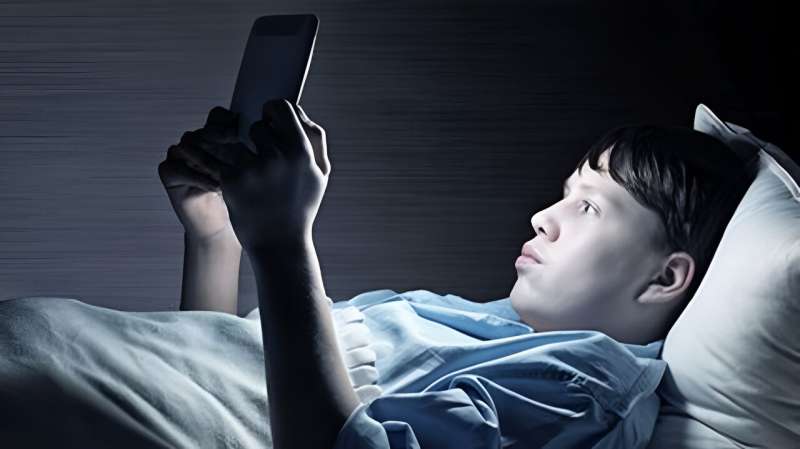
It has likely happened to everyone at some point: You are poised to go to sleep, but instead a “digital distraction” keeps you up hours later than you had planned.
“Bedtime procrastination is a common problem, as people often stay up later than intended while binge-watching a program or shopping online,” said sleep medicine physician Dr. Alexandre Abreu, a spokesperson for the American Academy of Sleep Medicine (AASM).
“With so many digital distractions vying for our time, it can be tempting to watch one more episode or scroll through one more viral video, but anything that keeps us from getting the recommended seven hours of sleep each night can be harmful to overall health and well-being,” Abreu added in an AASM news release.
A recent AASM survey pinpointed the scope of the problem: Ninety-one percent of those surveyed said they have lost sleep because they stayed up past their bedtime to binge-watch a TV show. Meanwhile, 75 percent said browsing and buying online is also keeping them up at night.
The AASM offers the following guidance on how to keep digital disruptions at bay and sleep better in the process:
- Disconnect from devices at night: Turn off all electronics at least 30 minutes to an hour before bedtime.
- Leave your phone in another room: It’s tempting to go on your phone while in bed, so keep it in a separate room at night. If you use your phone for a morning alarm, consider an alarm clock instead.
- Follow a relaxing nighttime routine: Take a warm bath or shower, read a book or do some journaling before bed.
- Have a sleep schedule: Go to bed and get up at the same time on a regular basis. Don’t let online scrolling get in the way of precious hours of sleep.
- Turn off push notifications: If you must have your phone in your bedroom at night, turn off push notifications and sound to avoid distracting alerts.
More information:
Visit the CDC for more on sleep disorders.
Provided by
American Academy of Sleep Medicine
Copyright © 2023 HealthDay. All rights reserved.
Source: Read Full Article